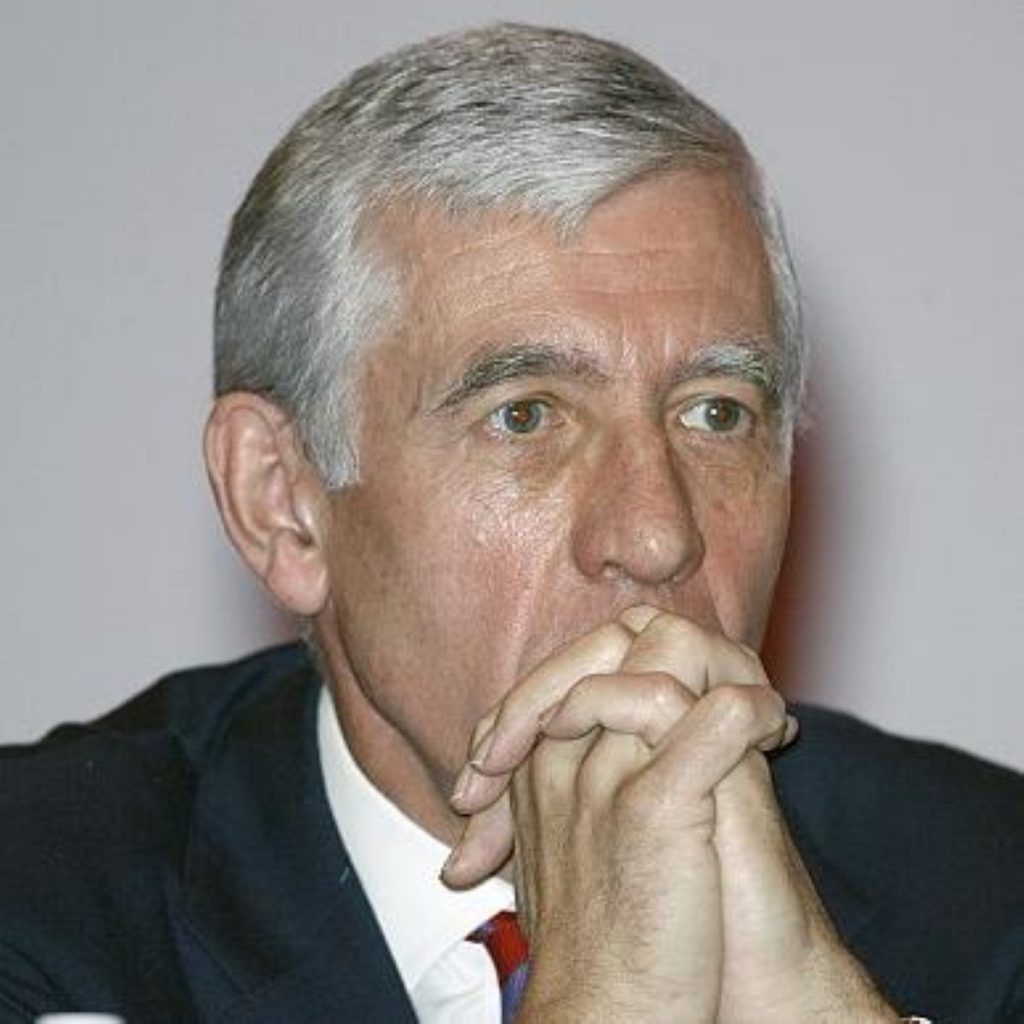Secret inquests ushered through Commons
By politics.co.uk staff
MPs have given their backing to controversial plans to conduct coroner’s inquests in secret, as debate continues on the coroners and justice bill.
The first of two days devoted to the proposed legislation was curtailed because of ministerial statements by Gordon Brown and Jack Straw, meaning debate on the amendments was not able to begin until shortly before 18:00 GMT.
To read highlights of the debate click here.


The media, bereaved families and juries would be kept in the dark about proceedings where the secretary of state deems it necessary to prevent matters being made public.
To read analysis of the secret inquest clauses click here.
The joint committee on human rights found the powers to be unnecessary last Friday and called for the government to drop them, joining chorus of disapproval from civil libertarians, legal experts, the Commons’ justice committee and the Lords’ constitutional committee.
But the government held firm on the matter, despite making three amendments to the legislation to make it more acceptable, in a manner not dissimilar to its behaviour in the run-up to the vote on 42-day detention.
The bill contains a variety of other hot-spots.
There will be an amendment to the defence of diminished responsibility in homicide cases, whereby (predominantly) husbands can cite sexual jealousy as a grounds for lesser sentencing.
Efforts are made in the bill to simplify the language around assisted suicide while an exemption for “discussion or criticism” in inciting hatred against people on the grounds of their sexual; orientation will also be removed.
It will also become illegal to possess non-photographic images of child pornography.
To read analysis on the crime and justice clauses click here.
But in a victory for privacy campaigners, clauses allowing data to be shared across government departments have been removed after a sustained campaign by activists, mostly through the new Convention on Modern Liberty.
To read analysis of the privacy stuggle around the bill click here.
politics.co.uk brings you in-depth coverage of the bill’s debate during its two days in the Commons.












